Welcome to the WAID FAMILY FOUNDATION
Empowering Generations.
Engineering Tribal & Indigenous
Renewal.
Core Tribal & Indigenous Initiatives. Feel free to connect with us
Our Aim
Empowering Generations. Engineering Tribal & Indigenous Renewal.
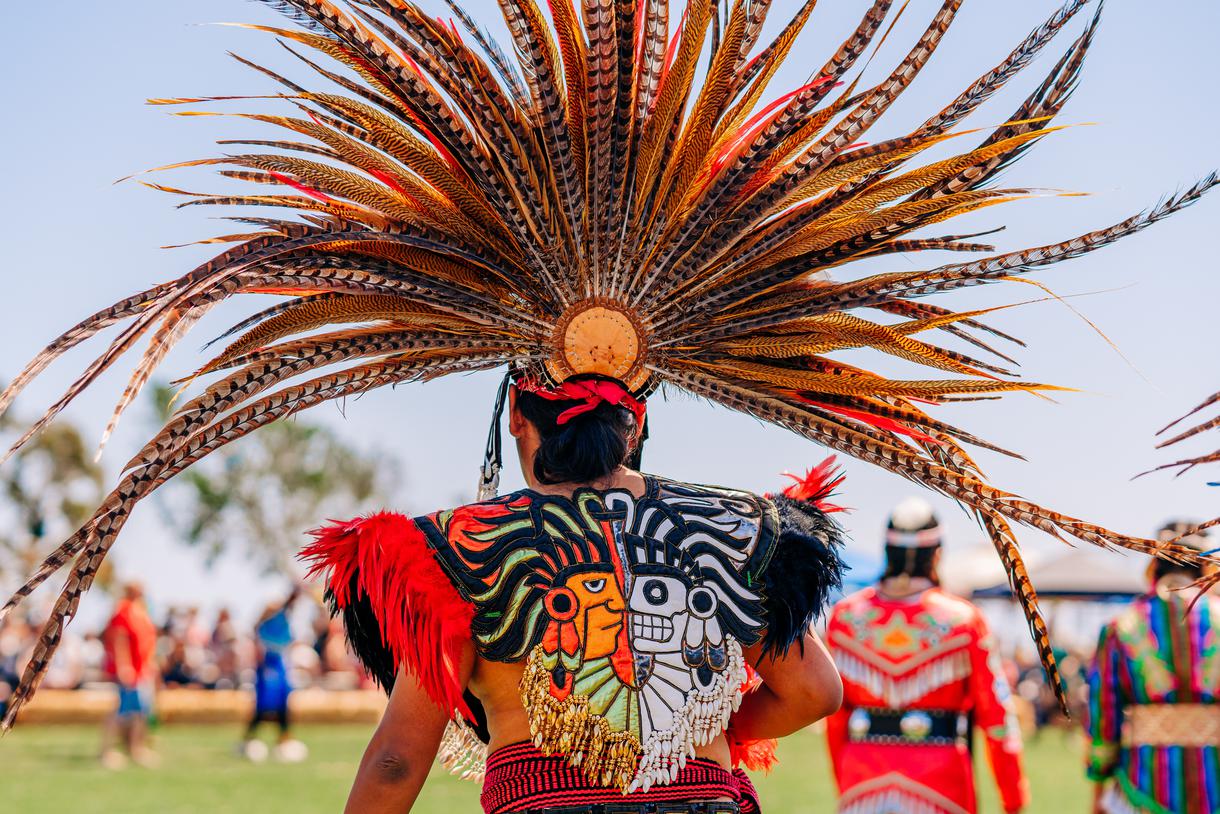
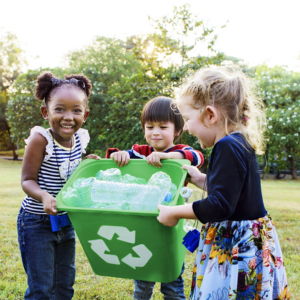
About Us
Inclusivity Statement
The Waid Family Foundation’s Core Initiatives are designed to empower Tribal and Indigenous Peoples, including Native Americans, Native Hawaiians, Pacific Islanders, and other Indigenous communities globally. We recognize that not all Indigenous groups follow federally defined tribal structures. Our programs are inclusive of Indigenous nations, communities, and peoples who seek sustainable development, technological sovereignty, and culturally respectful economic opportunity.
Global Indigenous Integration Overview
WFF extends its commitment to Indigenous communities worldwide—including Native Hawaiians, Pacific Islanders, Caribbean Indigenous Peoples, and Indigenous African nations. Our approach honors diverse governance structures, cultural sovereignty, and local sustainability goals.
Core Tribal & Indigenous Initiatives
Inclusive of Native Hawaiians, Pacific Islanders, Caribbean Indigenous Peoples, and Indigenous African Communities
WFF Core Tribal & Indigenous Peoples' Initiatives
- Microwave Plasma Vapor (MPV)
- Waste-to-Energy (WTE)
- Materials Recovery Facilities (MRFs)
- Education and Clean Energy Training Campuses
- Zero Emissions Critical Infrastructure
- Freshwater Capture and Storage Systems
- Need something in this top tier about total land evaluation, including subterranean.
- H2 and Biochar Production
- Plastics, Tire, and Medical Waste Processing
- Geothermal Systems and Heat Filtration Technologies
- Food-to-Table Sustainable Agriculture Programs
- BOOT Economic Empowerment Frameworks
- Cultural and Visitor Centers
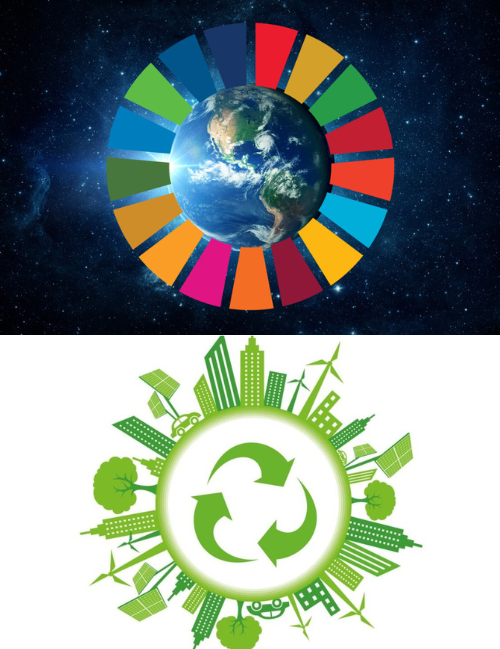
Roadmap
These steps provide a structured approach to effectively empower Indigenous communities through your initiatives.
Needs Assessment
Conduct surveys and interviews to understand the specific needs and aspirations of Indigenous communities.
Program Development
We design programs that identify needs, focusing on sustainable development, and economic opportunities.
Partnership Building
We establish partnerships with local organizations, tribal leaders, and stakeholders to enhance our outreach.
Implementation
We roll out programs in collaboration with Indigenous communities, ensuring cultural respect and relevance.
Monitoring and Evaluation
We Implement a framework to monitor and evaluate the impact of initiatives, and getting feedback for improvement.
Sustainability Planning
We develop strategies for long-term sustainability of programs,s and securing ongoing funding sources.
Engagement Strategy
WFF seeks partnerships with regional Indigenous-led organizations, government agencies, and local leaders to co-develop and implement initiatives. Our strategy emphasizes long-term capacity-building and land-based empowerment through culturally adapted models.
The Future of Waste-to-Energy
Microwave Plasma Vitalization (MPV) & MTE
Leading a Global Transition to Zero-Emission Waste Conversion
At the WAID FAMILY FOUNDATION (WFF), we believe the time has come to redefine how the world views waste—not as a burden, but as a renewable asset. Our commitment to environmental renewal and indigenous empowerment now includes the global advancement of Microwave Plasma Vitalization (MPV) and Microwave Thermal Energy (MTE)—next-generation technologies that set the gold standard for clean, scalable, and high-output Waste-to-Energy (WTE) solutions.
Why MPV / MTE Matters
- Total feedstock acceptance : No pre-sorting required. Municipal, medical, plastic, tire, agricultural, electronic, and even contaminated soil waste are accepted.
- Zero toxic emissions : With plasma-induced temperatures exceeding 5,000°C, MPV breaks waste down to its elemental form, eliminating dioxins, furans, and smoke stack pollutants.
- Multiple high-value outputs : Including pure hydrogen, carbon-neutral syngas, agricultural-grade biochar, and consistent baseload electricity.
- Carbon-negative capability : Biochar produced through MPV acts as a carbon sink, advancing national and regional climate goals.
- Scalability and deployment versatility : MPV systems can serve rural villages or major metros, and can be installed in modular, mobile, or stationary formats.
Western Hemisphere, Africa, and India:
A Strategic Opportunity
WFF is actively supporting Western Hemisphere, Africa, and India to adopt MPV/MTE as a national WTE model. This offers:
- Leadership in ASEAN clean energy innovation
- New markets for hydrogen and carbon-based energy products
- Jobs and training through regionally based MPV campuses
- Access to green finance and carbon credit markets
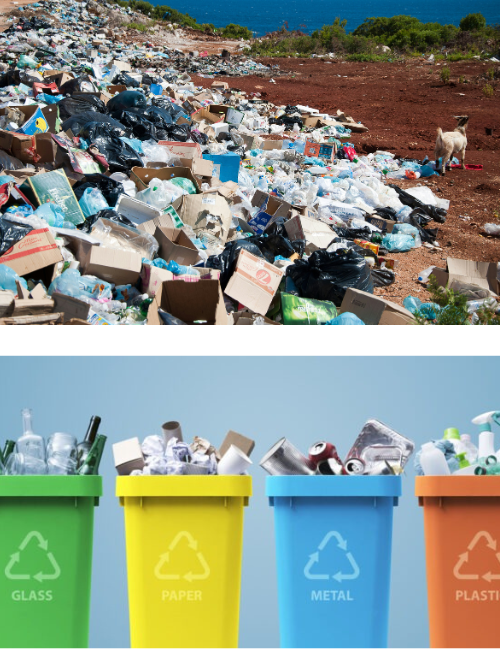
Malaysia’s commitment to climate resilience aligns perfectly with WFF’s model—combining ecological restoration, energy independence, and economic inclusion through technology.
Our History
Our Role
Building the Infrastructure to Lead
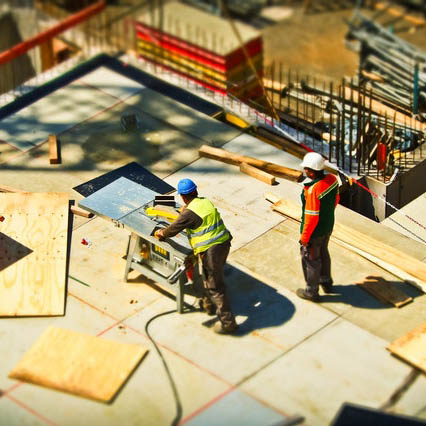
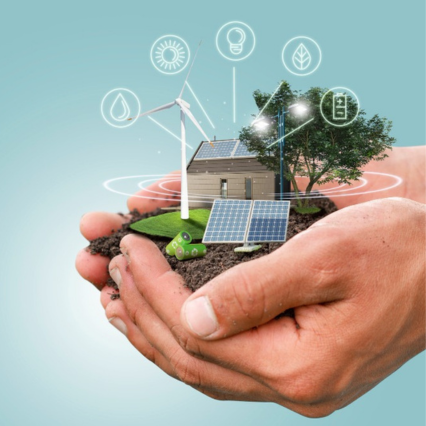
1993 - 2017
WFF’s global campus model ensures that every MPV installation includes:
1. A Tribal & Indigenous Training Center to ensure local ownership and long-term sustainability
2. A Visitors & Influencers Pavilion to foster transparency, education, and partnerships
3. A Materials Recovery Facility (MRF) to sort, refine, and redirect value from waste before energy conversion
4. A Microwave Plasma Vitalization Unit with integrated MTE power systems
Join the Movement
WFF invites national governments, city planners, tribal and indigenous communities, environmental ministries, and clean-tech investors to explore collaboration opportunities. Let’s build a cleaner, more equitable future—one campus at a time.
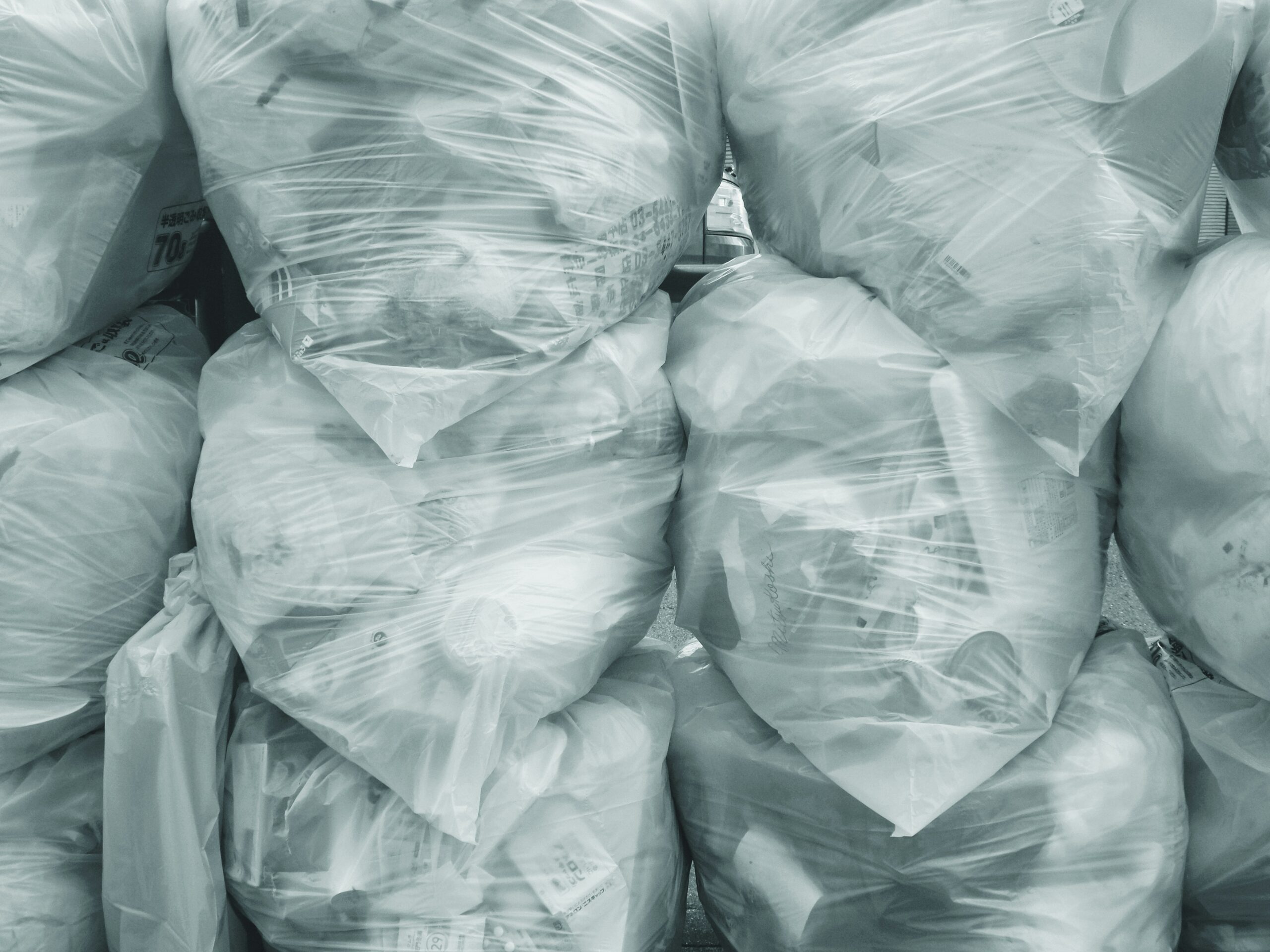
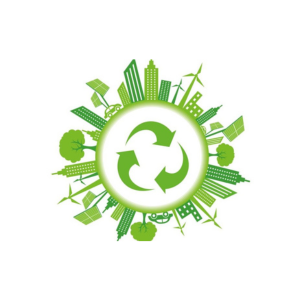
The Critical Importance of Advanced MRF Systems in Community-Centered Sustainability
A WAID Family Foundation Initiative in Collaboration with Space Base Solutions (SbS) LLC
Modern sustainability efforts begin with a highly efficient, intelligently designed Materials Recovery Facility (MRF). At the Waid Family Foundation (WFF), we recognize that a well-functioning MRF is not just an industrial asset—it is the nerve center of any region’s waste management ecosystem.
When integrated properly, the MRF serves in direct coordination with an adjacent Microwave Plasma Vaporization (MPV) Waste-to-Energy (WTE) facility. This symbiotic relationship ensures that all recoverable materials are extracted with precision while residual waste is safely and cleanly converted into electricity, energy fuels, and agriculture-grade biochar—completely eliminating reliance on landfills.
These state-of-the-art systems are engineered and implemented in close partnership with Space Base Solutions (SbS)—a leader in the integration of artificial intelligence and automation into circular economy infrastructure. Every SbS-enhanced MRF installed within a WFF campus operates with advanced sensors, robotic sorting, and real-time optimization algorithms that increase recovery rates, reduce labor strain, and dramatically boost operational transparency.
Technology Meets Workforce Training
Each MRF site developed under the WFF model includes direct access to an on-campus Training School, where Indigenous and regional community members receive high-quality instruction in MRF operation, AI-integrated system diagnostics, and environmental compliance. This workforce development pipeline ensures that every MRF facility is not only sustainable—but also self-sustaining, with trained operators from within the community it serves.
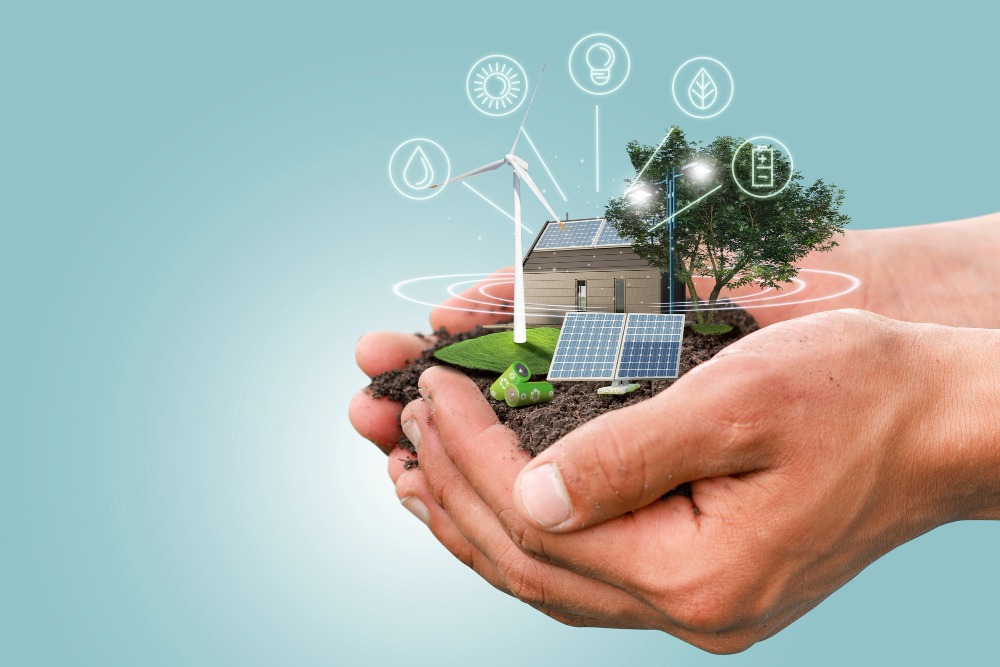
A New Model of Circular Impact
By designing our MRFs to function in tandem with MPV/WTE systems—and anchoring them with regional education and career development infrastructure—WFF fosters a powerful triple impact:
1. Environmental Recovery through responsible waste diversion and zero-emissions energy generation;
2. Economic Empowerment through local job creation and skilled labor training;
3. Community Engagement by placing Indigenous and underserved populations at the forefront of 21st-century environmental technology.
This is more than waste processing. It is regional transformation—engineered with purpose, powered by technology, and led by the people it is designed to uplift.
The WAID Family Foundation
Board of Directors / Leadership Team

Carl F. Waid
Founder and Chairman
Carl F. Waid is a seasoned entrepreneur and international finance and marketing professional based in San Diego, California. He is the Founder and Chairman of the Waid Family Foundation (WFF), which delivers advanced infrastructure solutions to tribal and Indigenous communities across the Northern Hemisphere, India, and Africa. Under his leadership, WFF has developed initiatives in waste-to-energy (WTE), freshwater systems, sustainable agriculture, and zero-emissions campuses. Its flagship Off-Grid Power Initiative uses microwave plasma vaporization (MPV) technology to convert waste into clean electricity and biochar, offering scalable remediation for toxic sites. Regionally, WFF collaborates with the Tohono O’odham Nation and Cocopah Tribe on workforce training and clean energy solutions. Mr. Waid also advises Space Base Solutions (SbS), aligning its smart infrastructure efforts with WFF’s goals. He is supported by a high-level board and leads the formation of NationBridge-SPV, WFF’s for-profit arm. A University of Arizona graduate, he also studied at ASU’s Thunderbird School of Global Management.
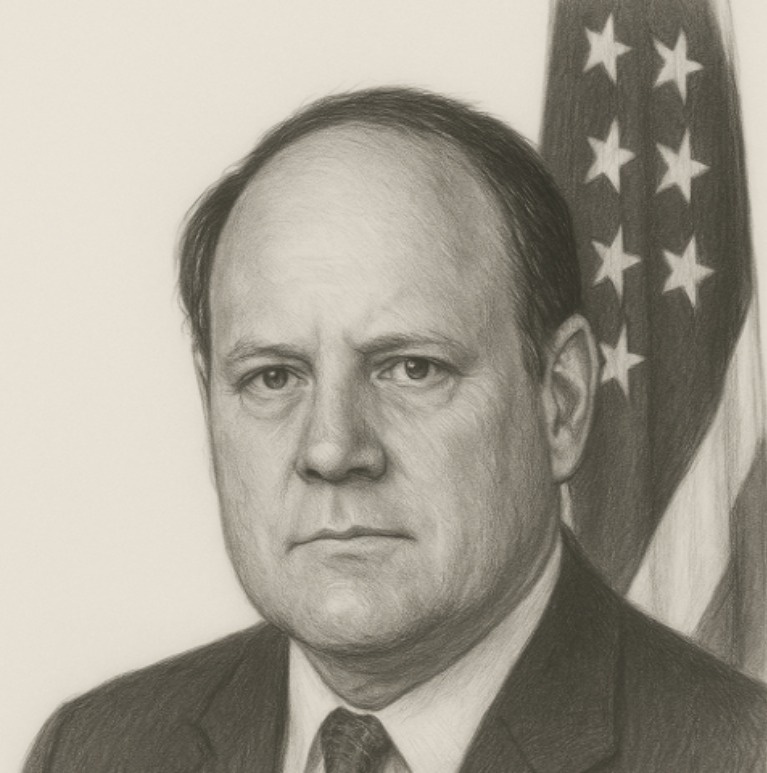
Ambassador Lewis Lucke
Director, Senior Advisor, Government Relations
Ambassador Lewis Lucke is a seasoned U.S. diplomat who served for over 30 years across seven administrations in the Middle East, Africa, and Latin America. His career includes leadership roles in infrastructure reconstruction,
disaster response, and economic development. Notably, he was the first civilian head of Iraq reconstruction, directing a $4 billion U.S. development program. He also led a $1 billion U.S. response effort after the 2010 Haiti earthquake and was U.S. Ambassador to Eswatini, where he led HIV/AIDS response efforts. Lucke is a founding partner of Waste to Energy Global Partners LLC, focused on converting waste into electricity, and has also led investment consulting efforts across emerging markets. A recipient of multiple top U.S. government awards, he holds degrees from UNC-Chapel Hill and Thunderbird School of Global Management. Fluent in French and Spanish, with working Arabic, he now lives in Costa Rica and continues humanitarian work. He is also the author of two books.
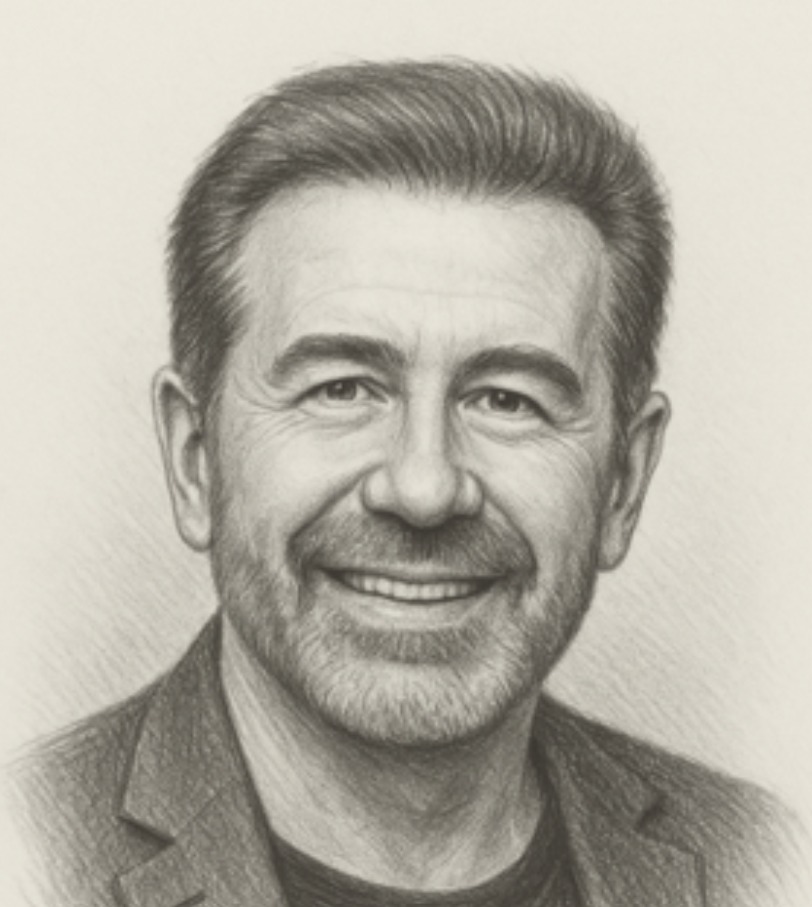
Roger Cunningham
Director, Senior Advisor, Science and Engineering
Roger Cunningham, Director and Senior Advisor in Science and Engineering at WFF, is a dynamic leader with extensive expertise in strategy, engineering, infrastructure, and international operations. As Managing Partner of a leading consultancy, he advised over 160 global clients on strategy, sourcing, patent development, and M&A, with a 78% repeat business rate. His engineering work includes over 140 million sq. ft. of industrial and plant space and more than 40 full-scale plant startups. A former U.S. Navyofficer, he served in the Middle East and held the prestigious role of Flag Lieutenant at CENTCOM. Roger was instrumental in Under Armour’s growth and led Grainster to win the 2017 Richard Branson Global Innovation Award. He has launched over 10 successful ventures, known for strong vision and profitability. Roger holds a BIE from Georgia Tech and an MBA in Finance from the University of Maryland’s Smith School of Business.
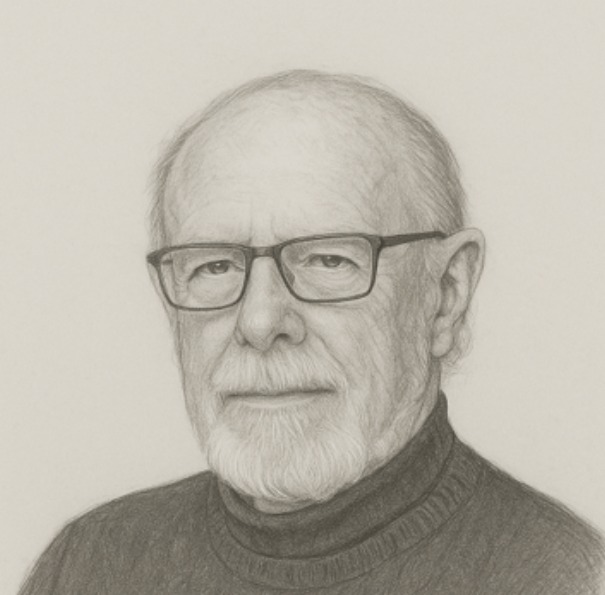
Terence Mundy
Director
Terence Mundy is a trailblazer in privately funded primary health care development in the UK. He co-founded Primary Health Care Centres and Trinity Medical Properties and served as a consultant to Brackley Investments. Collaborating closely with the UK’s National Health Service (NHS), Terence helped develop modern healthcare facilities aligned with NHS standards and public value requirements. His work included ongoing consultations with the District Valuers of the Inland Revenue to ensure compliance and cost-effectiveness. Terence played a key role in developing over 50 medical centres across the UK, from small rural units to large integrated facilities, while maintaining the individuality of each medical practice and sharing key amenities like surgery suites. Additionally, as a Director at MIP plc, he contributed to the development of sixteen industrial estates, major retail superstores, and a large business park in partnership with a UK building society. Before his business career, Terence was a senior partner at the London law firm Tarlo Lyons.
Get in Touch
Contact Us
For partnership inquiries or project proposals, contact:
We welcome partnership inquiries and project proposals from individuals and organizations who share our commitment to empowering Indigenous communities.
Desmond Wysenyuy
Carl F Waid
Founder, Director